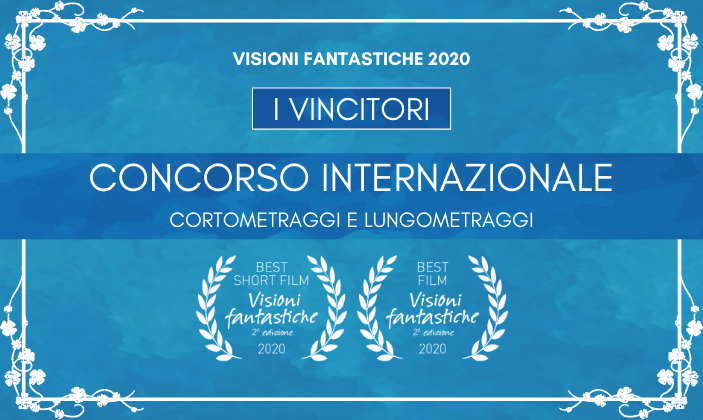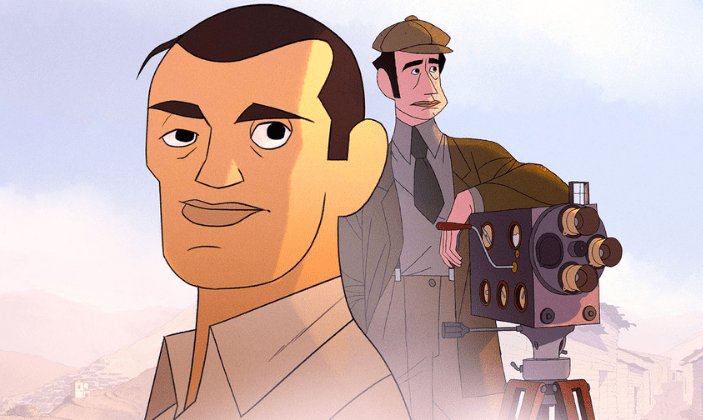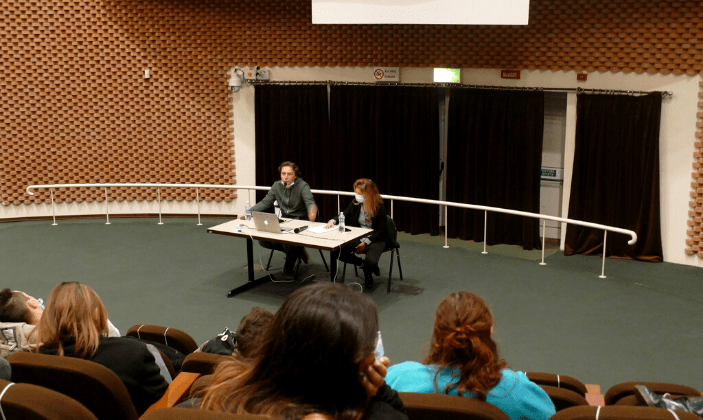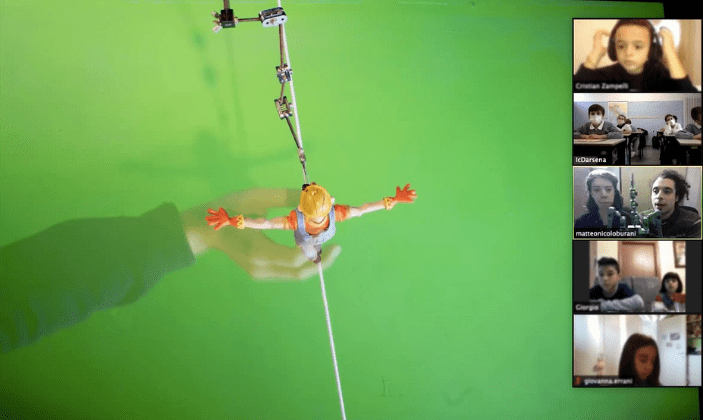Start Cinema has been selected within the National Plan of Cinema for Schools promoted by MIUR and MIBAC (Italian Ministries of Education and Culture) with a festival project that represents an absolute news in the Emilia-Romagna regional scene: Visioni Fantastiche (Fantastic Visions) is a film festival addressed to schools of all types and levels where the fantastic genre becomes the occasion to mix entertainment and education, in the belief that the creation of a consciuous visual culture is fundamental, now more than ever considering that the exposition is constant and immersive.
Our objectives. As specified by Plan MIBAC – MIUR, one of the main objectives of this festival is to contribute contrasting iconic illiteracy through a dense work of approachement to the Festival made of moments where preparatory and specatular elements find their ultimate balance within a reasonably short period of time. A part from the specificity distinguishing it from other events in our country, this festival has also the objective of contributing to the spreading of an informed and mindful visual culture, following a strategy capable of valorising, and not suffering, the digital revolution that is taking place. A visual culture capable of contrasting increasing attention deficits, which a vast majority of new generations suffers from, and of spreading an aestethic and cultural democracy trhough educational paths ad hoc conceived for targeted ages, thanks to the relevant experience of our educators coming from the educational environment and, most of all, from the film industry.
A premise. A brief premise is necessary regarding the necessity of realising a festival as Visioni Fantastiche. Not many years ago, fantasy and sci-fi seemed to be destined to a quite homogeneous, mainly female, public, traceable to the age of adolescence, but over time the situation completely flipped. From Game of Thrones to Black Mirror, from The Lord of the Rings to Star Wars, the fantastic dimension has conquered classes and genres, until it eventually lost the unfair reputation of “escape from reality” – unless what we are experiencing is a mass break-out.
The origins. First human narration forms, both written and oral, are imbued with fantastic. I’m referring to mythology and folklore that, from Circe to Chinese dragons, passing through Gilgamesh and Beowulf, founded more than just a literary genre, they founded the global language and culture. Birth of the genre is not recent: it can be said that it started with King Arthur’s Saga, and that it had been canonized by none other than Dante in The Divine Comedy. Returning to the present, what’s the reason behind the rebirth of fantastic? Causes are manifold and differentiated based on genres, subgenres and hybrids. The innovative extent adapts to sci-fi, but not to fantasy. There is an element, though, that could uniform both genres: the irreducible weirdness of reality that, by investigating widely differing disciplines, is of growing complexity, rapidly departing from common sense beliefs. So, as reality becomes more unbelievable, fantastic increasingly coincides with realism. Typical examples are cataclysms, epidemics, global warming, phenomena of vital importance and extremely difficult to manage, whose extent is impossible to absorb in everyday life. The now routine phrase saying that “reality often exceeds fantasy” could be the key assumption. The increasing osmosis between fantastic and realism in novels as Comet by Gregorio Manzini (abroad, works of Cormac McCarthy and Mircea Cărtărescu could be mentioned) could be the mirror reflecting the undermining of a monolithic vision of reality. It’s a reaction to the impasse of materialism that, through its effective investigation of the world, becomes more and more aware of its own limitations, blind spots and moral ambiguities. In a certain way, it consists of a return to mythology, to the moment where “people actually believes in dragons” – not by virtue of their concrete existence, but as there are things that are easily understood, received and explained with greater effectiveness through fantastic language. In Literary Supernatural, Francesco Orlando says that “literature opens an imaginary space founded on suspension or neutralisation of the difference between true and false, a space where there is the right of answering to the pleasure of the imaginary. The very opening of such a space represents the formation of a compromise between the opposed requests of real and unreal.” And it’s maybe the very need of such a compromise between real and unreal to mark the rebirth and innovation of fantastic genre. And that’s where the need of a festival as Visioni Fantastiche originates.






Leave A Comment